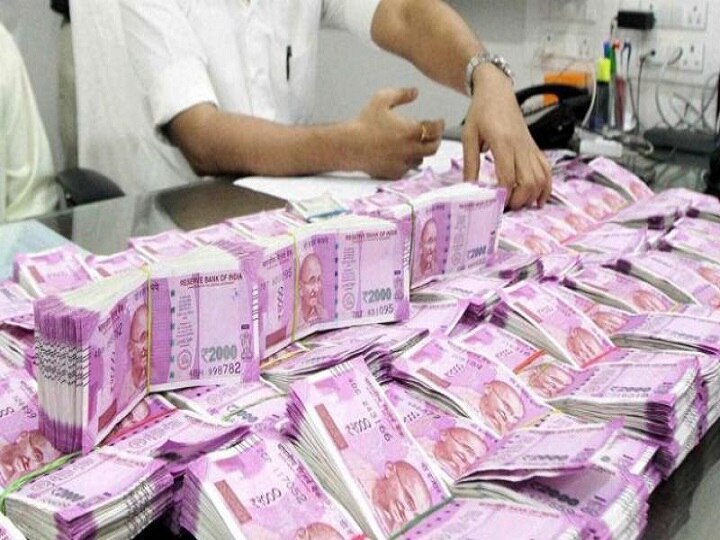The ideas and economics of money laundering have been around for thousands of years. The style was; ruling parties or people in higher places took advantage of merchants to get more funds, and in turn, the merchants became skilled in moving money around without it being identified and seized.
‘Money laundering’ is defined as a practice of integrating the proceeds of criminal enterprise into the legitimate mainstream of the financial community, as a term that became famous in the 1920s gangster era of American history.
Gangsters indulged in gambling, prostitution, and sales of prohibited alcohol, so there was a lot of cash that required laundering, that is, to conceal the real origin of the funds, because, if funds were directly put into the banks, then questions would be asked by the bank or by the government. The gangsters created a business, one of which involved slot machines and another of which was laundromats – the....

